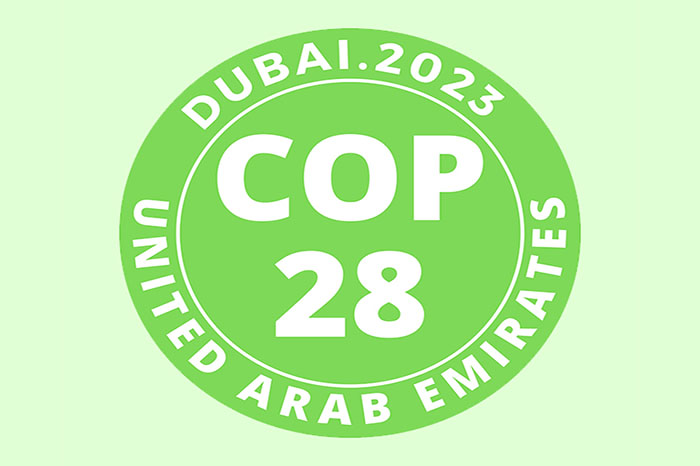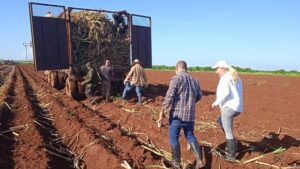With the existence of a public policy and governmental plans to face climate change, Cuba attends the Conference of the Parties to the Convention on Climate Change (COP 28), which will be inaugurated today in Dubai, United Arab Emirates.
The country has the results, commitment and willingness to contribute to make this global summit a leap forward in the way it faces its challenges, said Ulises Fernández Gómez, director of International Relations of the Ministry of Science, Technology and Environment (CITMA).
Tarea Vida is an example of a good relationship between science and politics that has fructified in a system to involve the whole society in the face of such atmospheric phenomena, he pointed out when referring to the State Plan to confront climate change, approved by the Council of Ministers on April 25, 2017.
Because of the comprehensiveness it promotes, it would be the main message that can be conveyed at the event, he said in statements reproduced by CITMA’s Communications Department.
He added that based on its scientific, institutional, organizational and technological capacities, it has been able to access certain sources of financing in the midst of an unfair and unbalanced international financial architecture.
He mentioned in particular those obtained, mainly from the United Nations mechanism, in which very important results have been obtained, the Green Climate Fund, the Global Environment Facility and other sources and donors.
This has made it possible to link the nation’s priorities with financial opportunities and convert them into science and adaptation results at the community, sector and ecosystem levels, he said.
However, he considered that the most important thing that the national delegation is taking to COP 28 is the commitment to contribute from its position as president of the G 77 and China to the discussions of this global effort that the countries of the South have to reverse the current system of imbalance that exists in terms of expectations from the global South in relation to the effects of climate change.
He warned that the global South is burdened by debt, an unjust international economic system, unmet sustainable development goals, the impact of the HIV/AIDS pandemic and the general economic crisis….
He felt that it is a political challenge to demand that the Third World do more to meet its climate ambitions in a scenario where the North is increasingly backsliding in terms of its ability to commit financially….
In this regard, he suggested that these two currents – well at odds with each other – must find a common ground, which means a positive impact, because what people are waiting for is a breakthrough in practical terms.
It is decisive to look for results that transform life, not only to create expectations, but to transform and improve people’s existence, he proposed.
Miguel Díaz-Canel Bermúdez, First Secretary of the Central Committee of the Communist Party of Cuba and President of the Republic, is in the United Arab Emirates on an official visit to attend the Climate Change Conference in his capacity as President of the G77 and China.




